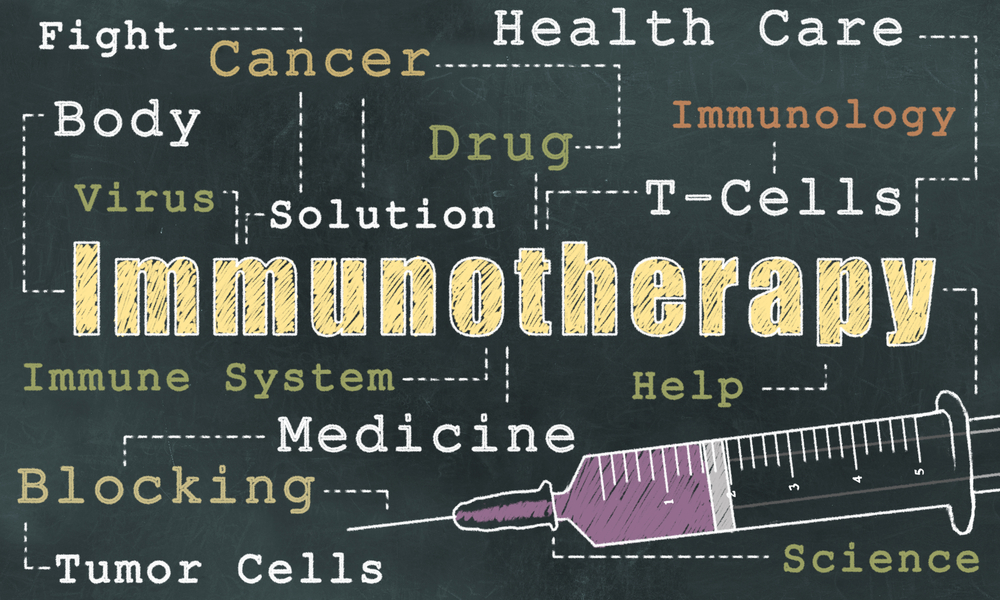A Look at Scientific Advances Improving Cancer Treatments

Since the early days of cancer treatments, doctors and researchers have been searching for better ways to fight this disease. Thankfully, progress has been made over the years, with new scientific advances in cancer research helping improve patient outcomes.
Developing Targeted Cancer Therapies
One of the major advances in cancer treatment over the past few decades has been the development of targeted cancer therapies. These treatments are designed to target cancer cells, leaving healthy cells unharmed specifically. This is a significant improvement over traditional chemotherapy, which can often cause severe side effects because it doesn’t discriminate between cancerous and healthy cells.
Using Immunotherapy to Fight Cancer
Immunotherapy is another promising new treatment approach that harnesses the immune system’s power to fight cancer. Research has shown that this therapy can effectively treat various types of cancer, including melanoma, lung cancer, and kidney cancer. Immunotherapy is still in the early stages of development, but it holds great promise for the future.
Studying the Microbiome to Improve Cancer Treatments
The microbiome collects all the microorganisms that live in and on our bodies. Recent research has shown that the microbiome can play a role in cancer development and progression, which has led to the development of new treatments targeting the microbiome to fight cancer. This is a promising area of research that is still in its early stages, but it has the potential to revolutionize the way we treat cancer.
Developing New Ways to Deliver Cancer Treatments
One of the major challenges in cancer treatment is delivering therapy to the tumor site while minimizing damage to healthy tissue. Researchers are working on various new delivery methods that show promise, including nanoparticles, microbubbles, and viruses. These new delivery methods could improve the effectiveness of cancer treatments while reducing side effects.
Using Artificial Intelligence to Find New Cancer Treatments
Artificial intelligence is being used in various fields and is now being applied to the search for new cancer treatments. AI-based systems are used to analyze large data sets to identify patterns and trends that could lead to new treatment targets. This is an exciting area of research that is still in its early stages, but it can potentially transform the way we find new cancer treatments in the future.
Modifying Viruses to Treat Cancer
Researchers are also working on using viruses to treat cancer. This approach involves modifying viruses to specifically target cancer cells and kill them while leaving healthy cells unharmed. This is still a very new area of research, but it shows great promise for the future.
3D Printing Personalized Cancer Treatments
One of the most exciting recent developments in cancer treatment is 3D printing to create personalized treatments. This technology is used to create customized drugs and other therapies tailored to individual patients’ specific needs. This is a rapidly evolving area of research that holds great promise for the future.
Precision Oncology
Precision oncology is a new approach to cancer treatment that uses DNA sequencing to identify the specific mutations driving a patient’s cancer. This information is then used to tailor treatments specifically for that patient. This personalized approach is showing great promise in the treatment of a variety of different types of cancer.
New Drugs and Therapies
There are always new drugs and therapies in development, and many show great promise for cancer treatment. Some of the most promising recent developments include immunotherapy drugs, targeted cancer therapies, and precision medicine approaches.
Clinical Trials
Clinical trials are an essential part of developing new cancer treatments. They help researchers test new human therapies to see if they are safe and effective. Clinical trials are essential for making progress in the fight against cancer.
These are just a few of the scientific advances that are improving cancer treatments. These developments show great promise for the future and offer new hope to patients and families affected by this disease.







